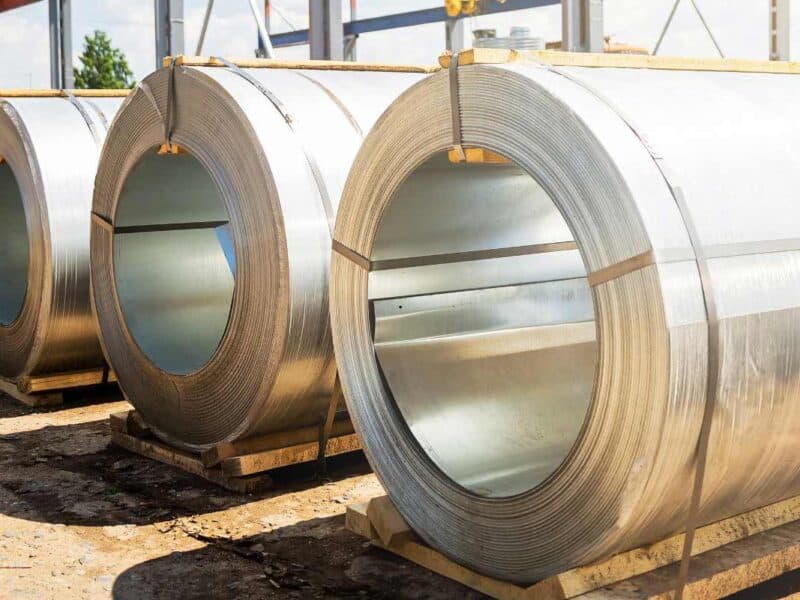Camel milk will soon be available in the EU following the announcement a group of German and Moroccan entrepreneurs have a struck deal to set up a base in the North African state to produce the milk and a range of spin-off products.
Vitamol Camel Dairy and Products has been set up by Germans Malik Dakdaki and Martin Wilke and Moroccan Abdelkader Saoudi and the three partners plan to invest US$40m in the project.
The milk, which will be sold under the brand name Vitamol, will be produced in a farm consisting of around 2,200 camels and pulverised and prepared for daily delivery to Europe at a plant set to be built on land in the Tangier Free Zone.
The first shipment of camel milk is due to reach European shelves in mid 2013, co-founder Malik Dakdaki told Arabian Business.
“One of the products will be the world’s first baby powder based on camel milk. The reason is that more and more babies have a problem with lactose intolerance,” he said.
“Our products are provided to be sold in almost every region in the world. As first company worldwide we are allowed to sell camel milk products in the European Union, which can be seen as a milestone. In the past, imports of camel milk were prohibited due to hygienic reasons and the long-lasting problem,” he said. “We have found a solution to eliminate these barriers. We have a strong demand for our products from Europe and the GCC States. The market for sales is already secured.”
In its business plan, Vitamol said it estimates that 50 percent of its sales will be in the EU, 30 percent in the UAE and 20 percent around the rest of the world. The company is projecting sales of around US$25m a year.
Camel milk products are already available in Europe, with Dubai’s Al Nassma, the world’s first brand of chocolate made with camels’ milk, starting distribution of its products to Switzerland in late 2011.
“Our growth is limited to the camel milk we have available. There is just one company in the world we can use. It is outstanding. Anything else we cannot use as we cannot use [camel milk] from Oman or Saudi Arabia as it is not processed,” Al Nassma general manager Martin Van Almsick said in August.
Though demand for camel-milk products may be strong, UAE dairies suffered a set-back after the European Union said it was unlikely to give permission for the export of fresh camel milk before 2013, citing concerns over disease and import controls.
The trade bloc had sent inspectors to review camel farms in the Gulf state in late January 2011, but declined to allow exports until a list of recommendations were met.
The UAE has two camel farms, Al Ain Dairy and the Emirates Industry for Camel Milk and Products, which produce the Camelait and Camelicious brands respectively. The product was launched on to the UAE market six years ago.
If granted, a green light from the EU could open doors to supplying camel milk to the US and Canadian markets, as well as China and Hong Kong.
An industry source told Arabian Business that UAE authorities were in talks with distributors in countries including Malaysia, Brunei, Singapore, South Africa, Jordan and the Maldives.
Camel milk contains five times more vitamin C than cow milk, less fat, less lactose and more insulin, making it a good option for diabetics and the lactose intolerant, he said.








